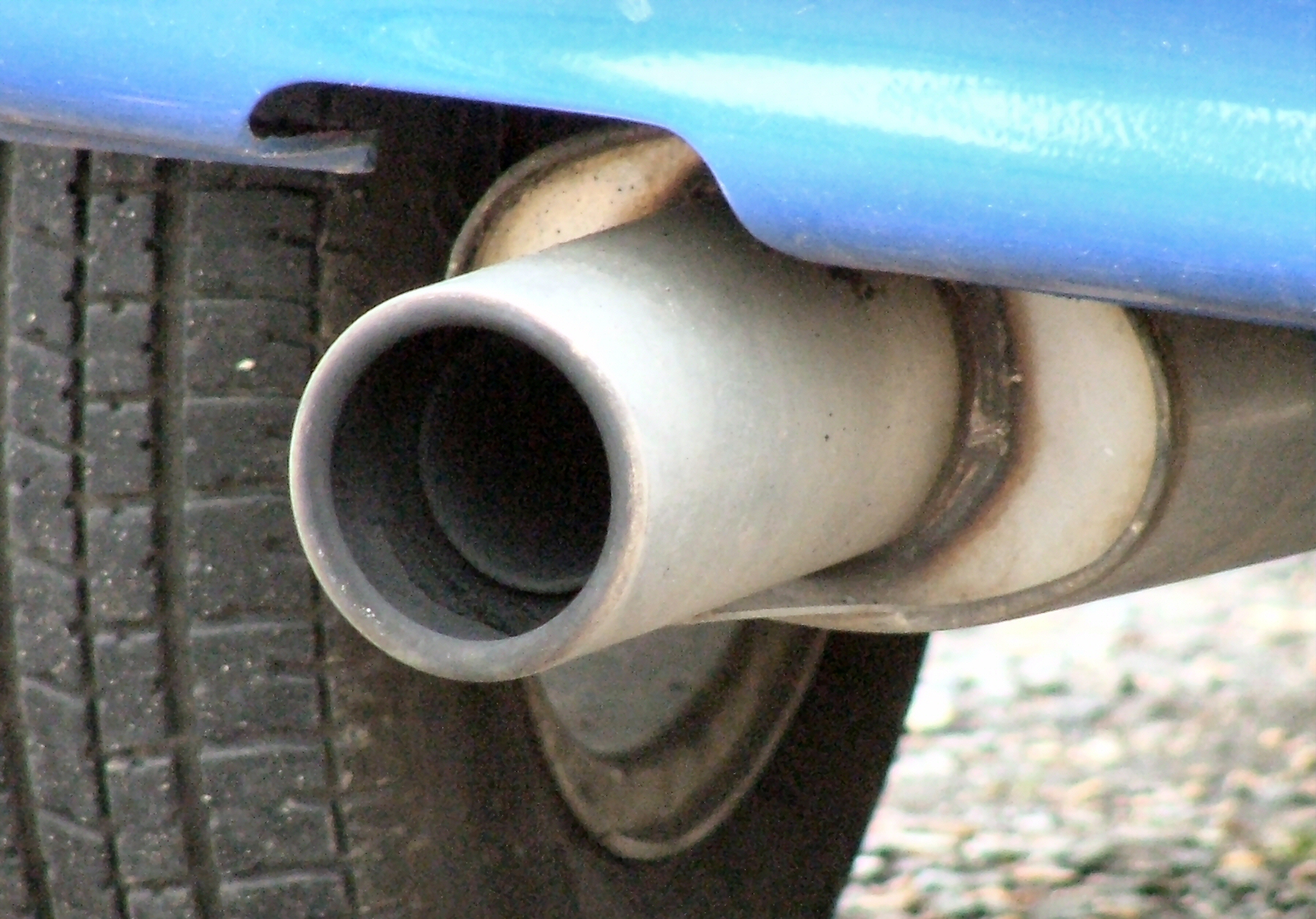Little Steps Big Impact

By Melanie Stewart
You usually can’t see it, but the Omaha-Council Bluffs metro area has a problem with air quality, especially during the warmer spring and summer months. It is ground-level ozone. When working, playing, or exercising outside, the quality of the air we breathe affects the health of our families, which affects the strength of our businesses, and future economic development.
Ozone located six miles up in the second layer of the atmosphere helps protect us from harmful UV rays. Ozone at ground-level is a pollutant that damages our health, especially for people who already have heart and lung conditions. Ground-level ozone forms when nitrogen oxides from fuel combustion combine with volatile organic compounds, such as fumes from gas and other solvents, and “cook” in the summer heat. Vehicle emissions are one of the leading creators of ground-level ozone.
Ground level ozone can cause a variety of health problems, but tends to affect children, the elderly, people who work or spend large quantities of time outdoors, and anyone with a lung ailment, especially asthma. Ground level ozone also has negative health effects on pets and can damage plants and ecosystems.
On October 1, 2015, the Environmental Protection Agency (EPA) issued new air quality standards and tightened the ozone standard.
On an average hot day, the Omaha-Council Bluffs metropolitan area is close to exceeding this new standard for ground-level ozone. If the metro area air quality falls below federal standards, known as being in “non-attainment,” it will result in stricter pollution controls including increased car ownership costs, vehicle inspections, more industry regulation and increased paperwork and reporting for businesses.
The Metropolitan Area Planning Agency (MAPA) runs the Little Steps Big Impact campaign that aims to raise awareness about the ozone problem through education.
Just because you can’t see ground-level ozone doesn’t mean it isn’t there.
By considering the consequences and taking small steps, together we will make a big difference in air quality. This means having a real impact on adult and child respiratory issues, which can reduce health costs.
One of the easiest ways to help is to sign up for TravelSmart! It’s free, we provide a free emergency ride home, you can keep your parking permit if you want, there’s no minimum use requirement, and if you sign up in June, you can win prizes!
“Little Steps” you can take that can have a “Big Impact”:
. You don’t have to give up your usual mode of transportation entirely. Drive smarter. Combine errands; carpool to social events. Only drive when you have to. Consider using alternative transportation by taking the bus, biking, or walking instead of driving by yourself in your car. This is all free with TravelSmart!
. When refueling your vehicle, don’t fill up your tank past the click. Do refuel during the cooler parts of the day so fumes can disperse overnight.
. Choose cleaner-burning renewable biofuels like ethanol and biodiesel. All vehicles can use E10. FlexFuel vehicles can use E10, E15, E30 and E85.
. Avoid idling your vehicle. Even 30 seconds uses more fuel than stopping and starting the engine. Turn the car off when waiting to pick up kids, and go inside instead of using drive-throughs (it’s usually faster anyway!)
. Go electric or manual with mowers, leaf blowers and trimmers if possible or use gas-powered lawn equipment during the cooler parts of the day. Gas-powered mowers release as much as 25% unburned gasoline in the air.
. Keep lids tight on paints and solvents.

Pingback: Impressive Milestone Reached Ahead of Schedule – LiveGreen